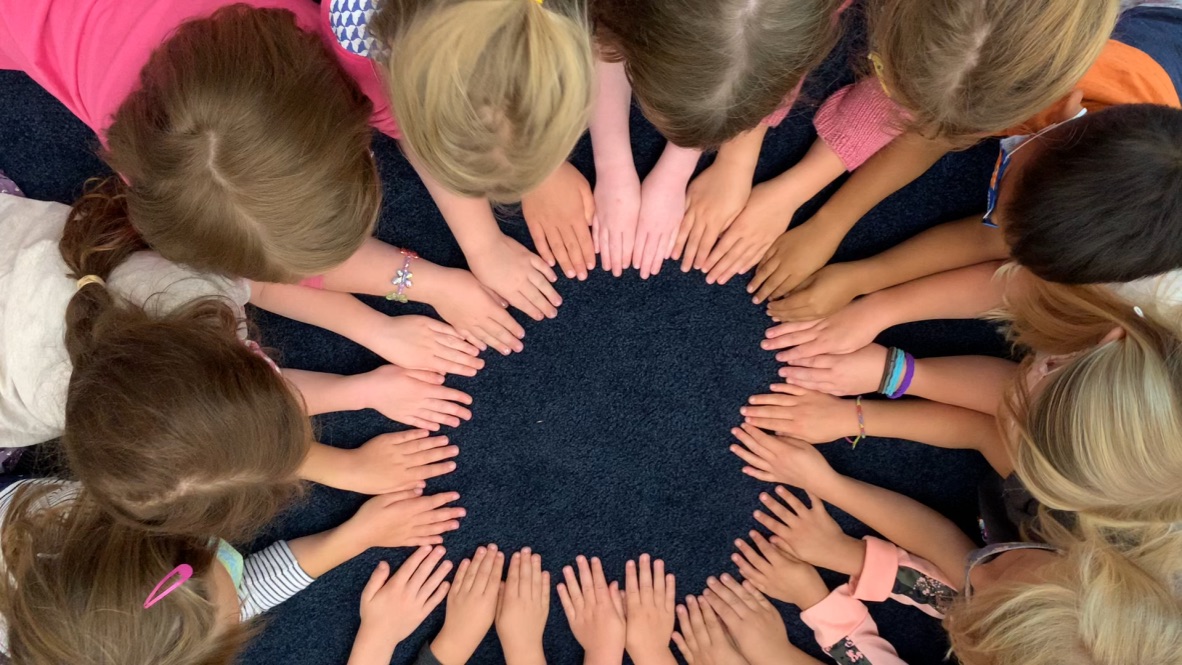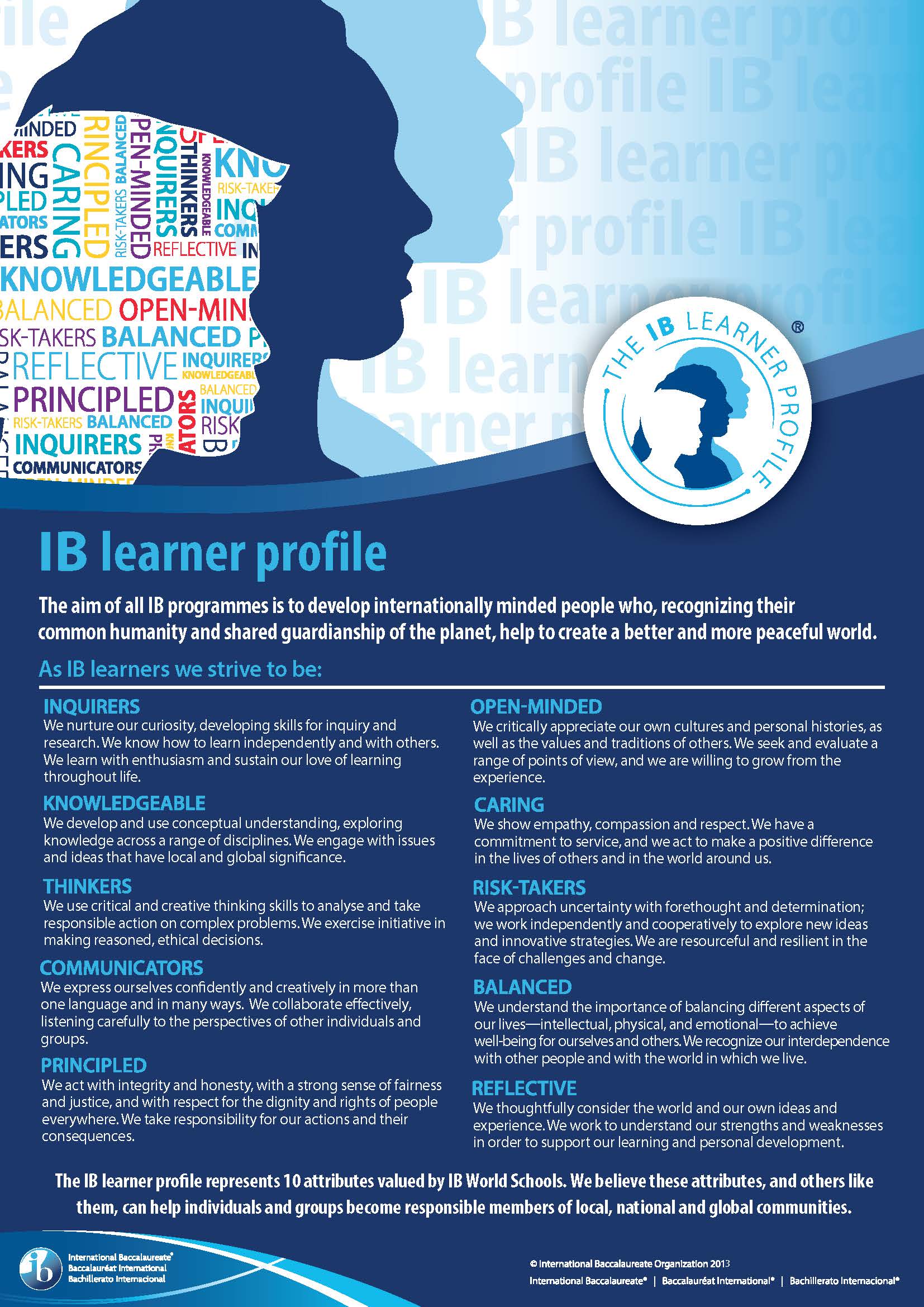For Parents
Board & Administration
Curriculum & Programming
Programs and Clubs
Guidance Counseling
Media Centers
Students in the PYP (grades K-5) explore knowledge, skills and concepts across all disciplines with an emphasis on inquiry-based learning. Their studies are organized into six themes of local and global significance. This culturally inclusive framework helps students to understand the interconnectedness of subject areas and how local and global issues relate to themselves and their environment. Classrooms engage in “units of inquiry” under each theme. The unit of inquiry will have a central idea and lines of inquiry to guide students in their investigation. As such, the PYP offers a “balance between learning about and through subject areas, and learning beyond them.” The Units of Inquiry comprise our school’s Programme of Inquiry.

*Only schools authorized by the International Baccalaureate can offer any of its four academic programmes: the Primary Years Programme (PYP), the Middle Years Programme (MYP), the Diploma Programme (DP) or the IB Career-related Certificate (IBCC). Candidate status gives no guarantee that authorization will be granted. For further information about the IB and its programmes, visit www.ibo.org
Key concepts help teachers and students to consider ways of thinking and learning about the world, and act as a provocation to extend and deepen student inquiries. The decision to structure the PYP curriculum around important concepts is driven by the following beliefs.
Education for the understanding of significant ideas has often been sacrificed for the memorization of isolated facts and the mastery of skills out of context. The expansion of the curriculum and the pressure to cover the syllabus have resulted in many students leaving school with superficial levels of understanding.
By starting with the students’ prior knowledge, and by confronting and developing their earlier conceptions and constructs, teachers can begin to promote real understanding.
The exploration and re-exploration of concepts leads students towards an appreciation of ideas that transcend disciplinary boundaries, as well as towards a sense of the essence of each subject area. Students gradually work towards a deepening of their conceptual understanding as they approach those concepts from a range of perspectives.
Transdisciplinary units, where concepts are used to support and structure the inquiries, provide a context in which students can understand and, at the same time, acquire essential knowledge and skills.
A concept-driven curriculum helps the learner to construct meaning through improved critical thinking and the transfer of knowledge.
Transdisciplinary concepts increase coherence across the curriculum.
The key concepts used in the PYP are:
form What is it like?
function How does it work?
causation Why is it like it is?
change How is it changing?
connection How is it connected to other things?
perspective What are the points of view?
responsibility What is our responsibility?

The aim of teaching and learning ATL skills is to produce self-regulated learners who demonstrate effective thinking and learning, from information processing to managing emotions. IB shares five broad skill organizers listed below. These skills build resilience in learning, teaching students how to deal effectively with setbacks and difficulties, how to respond positively, make changes and persevere—the skills of the self-regulated learner.
Thinking Skills
Critical Thinking, Creative Thinking, Information Transfer, Application, Analysis, and Reflection
Social Skills
Positive interpersonal relationships, Collaboration, Social-emotional Intelligence, Accepting Responsibility, Conflict Resolution
Communication Skills
Listening, Speaking, Reading, Writing, Viewing, Presenting, Non-verbal communication
Self-Management Skills
Organization, Spatial awareness, Time management, Safety, Healthy lifestyle, Codes of behavior, Informed choices
Research Skills
Information literacy, Media literacy, Formulating questions, Observing, Planning, Collecting data, Recording data, Organizing data, Interpreting data, Presenting research findings